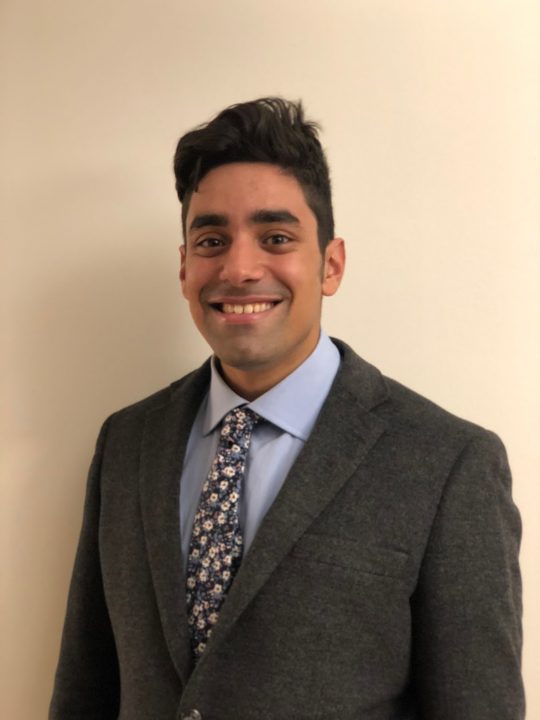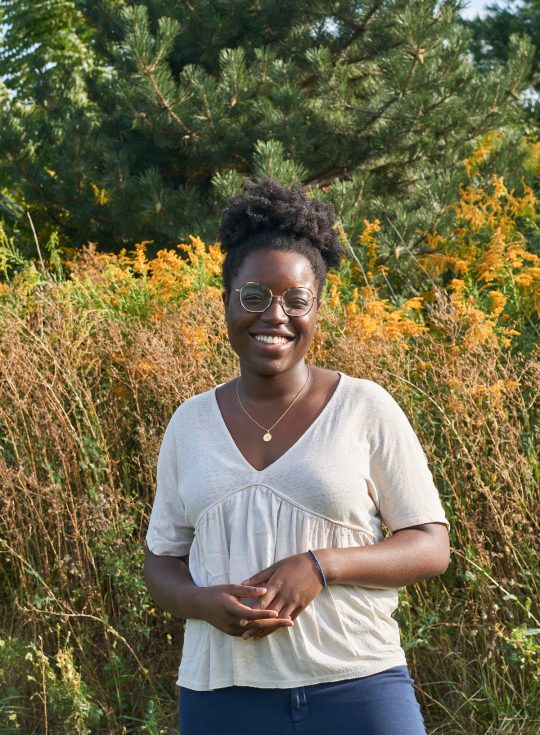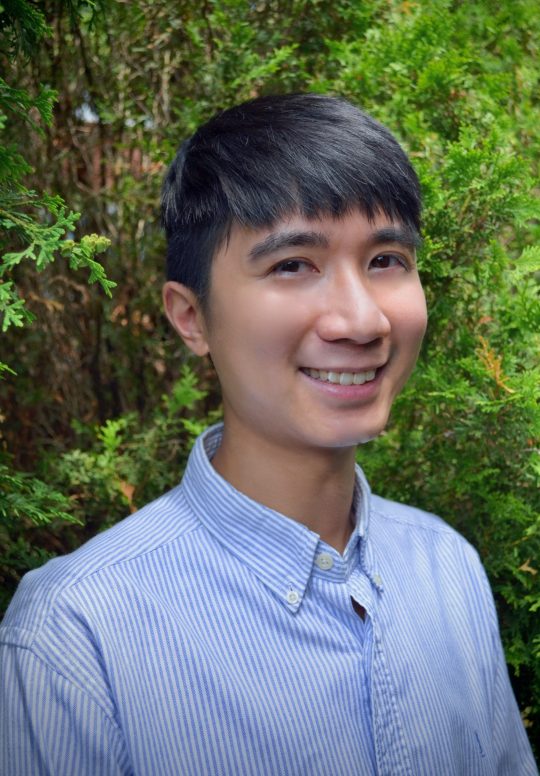
Mali
Social Art for Behavioural Change (SABC): Promoting WASH in Mali
- Status
- Completed Research
- Research Year
- 2021-22
Due to ongoing conflict, political instability and widespread poverty, access to safe drinking water and sanitation services is a challenge in Mali. In response, WaterAid Canada and One Drop formed an international partnership with communities in Mali to launch Mali: Healthy Communities (MHC). From 2016 to 2020, MHC worked in the urban and rural regions of Kati and Bla, where they established water, sanitation and hygiene (WASH) infrastructure to reduce water-based contaminants jeopardizing local’s health and wellbeing and used their innovative Social Art for Behavioural Change (SABC) method to instill lifelong healthy hygiene habits. The organizations used One Drop’s three-pronged <em>A-B-C for Sustainability</em> approach to increase: (A)ccess to clean WASH infrastructures; (B)ehaviour change using intergenerational arts programming led by the Centre Culturel Kôrè (CCK) to promote healthy decision making; and (C)apital by providing microcredit to women and youth-led cooperatives to produce WASH-related products to ensure their long term access and affordability. Investigating MHC’s dual focus on generating positive health impacts (through improved water and sanitation access) and social impacts (through locally informed, culturally relevant, art-based health promotion initiatives) will reveal how combining WASH and SABC approaches can support sustainable development and community resilience.
Researchers
Mentors
-

Obidimma Ezezika
Assistant Professor, School of Health Studies, Faculty of Health Sciences, Western University, Founding Director and Principal Investigator, Global Health & Innovation Lab




